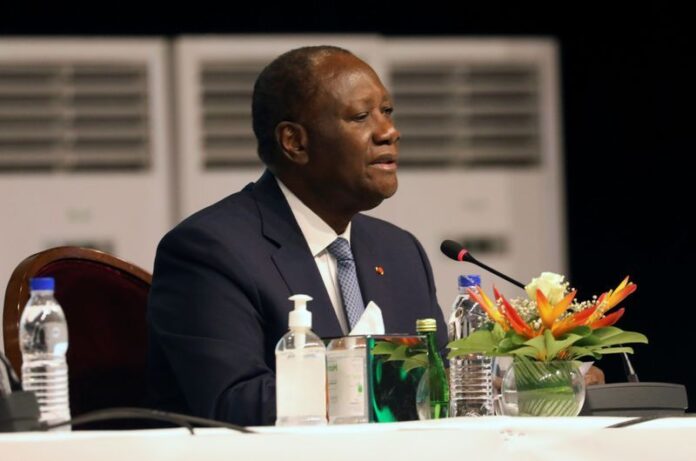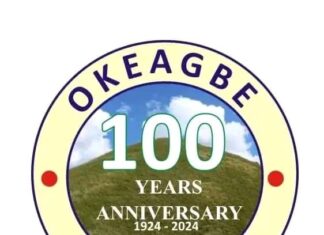Ivory Coast opposition parties and civil society groups have kicked against President Alassane Ouattara’s decision to contest a third term in October.
They described the bid as a “coup” that risked triggering chaos.
Also election authorities in the West African nation rejected appeals by former President Laurent Gbagbo and former rebel leader Guillaume Soro to be allowed to run in the country’s October election, an official said Friday.
Gbagbo and Soro had appealed to the Independent Electoral Commission (CEI) against a decision to not include them in electoral lists for the ballot.
“The decisions have been posted since the 18th, the CEI has not granted their requests,” Inza Kigbafori, the CEI communications manager, told AFP.
Ouattara, in power since 2010, had said in March that he would not run for re-election. The opposition says he is unable to run because the constitution limits presidents to two terms.
Ouattara changed his position after the sudden death of prime minister Amadou Gon Coulibaly — seen as Ouattara’s anointed successor — from a heart attack in July.
The shock news heightened tensions before October 31 vote, which takes place in the shadow cast by violence following 2010’s election that killed around 3,000 people.
Gbagbo was freed conditionally by the International Criminal Court (ICC) after he was cleared in 2019 of crimes against humanity.
His return to Ivory Coast would be sensitive before the presidential election. His Ivorian Popular Front (FPI) party urged him to throw his hat in the electoral ring.
Soro, a former rebel leader, has been forced into self-imposed exile in France in the face of a long list of legal problems at home.
He was a leader in a 2002 revolt that sliced the former French colony into the rebel-held north and the government-controlled south and triggered years of unrest.
He was once an ally of Ouattara, helping him to power during the post-election crisis in 2010. The two eventually fell out.
.AFP














